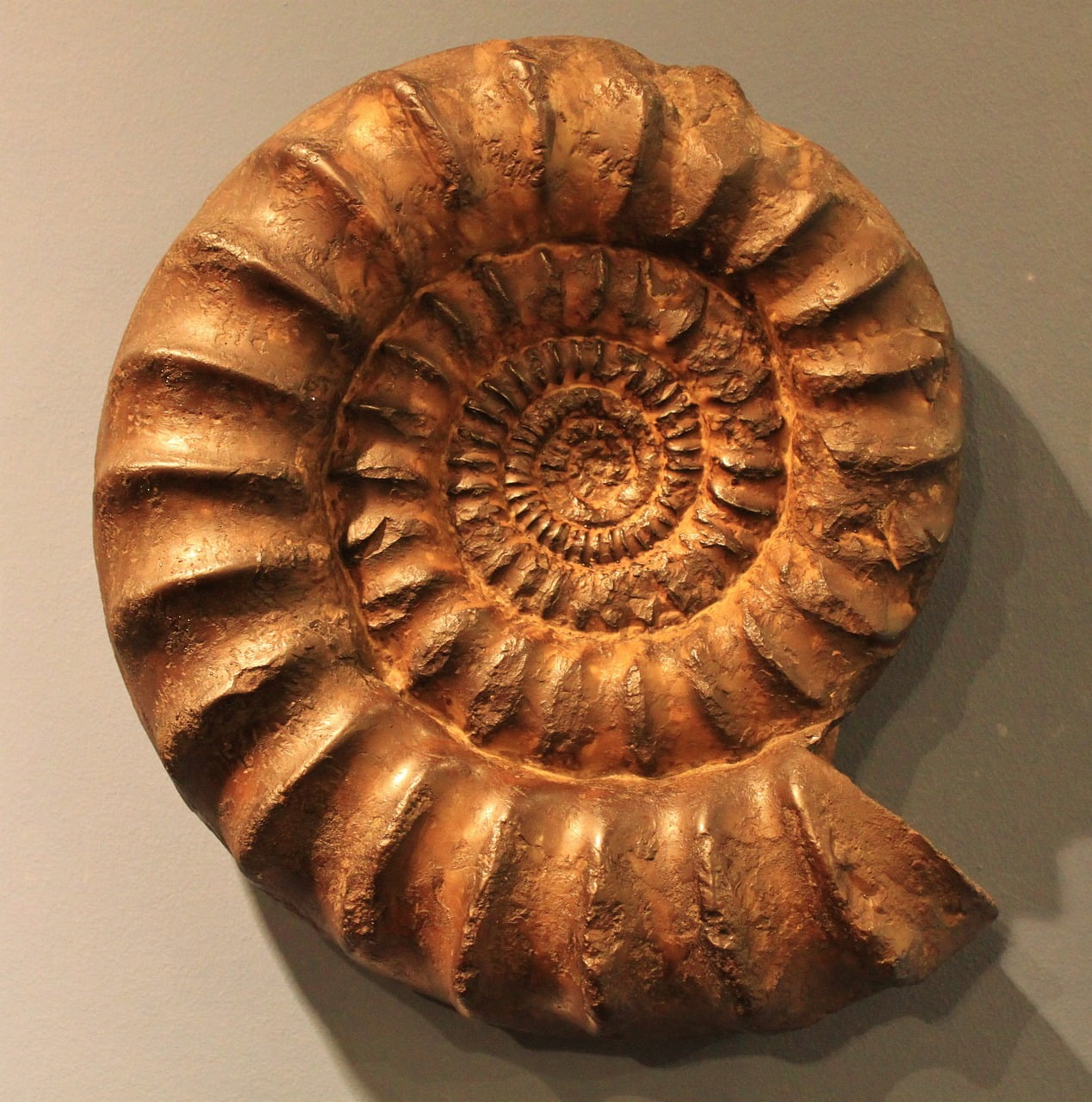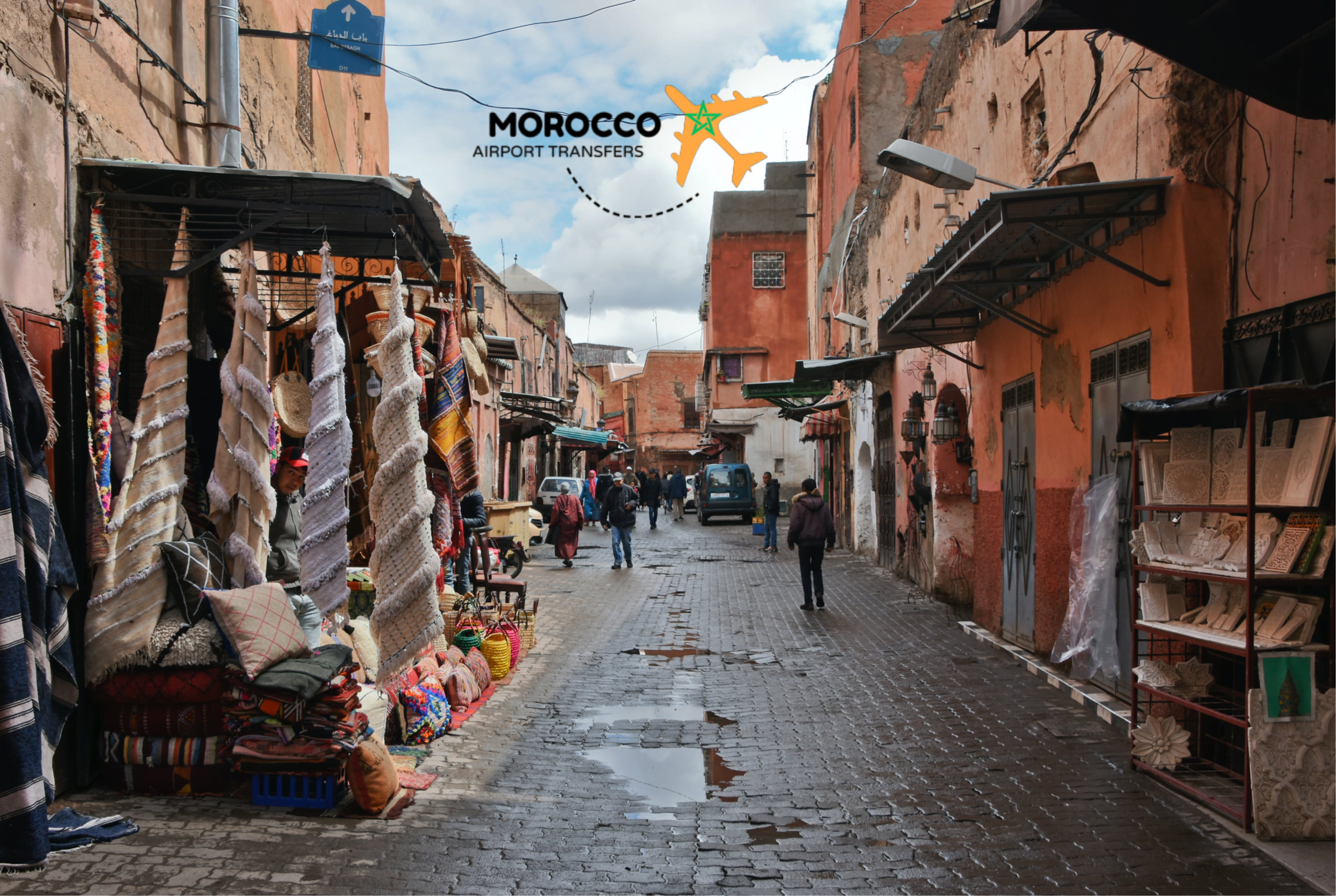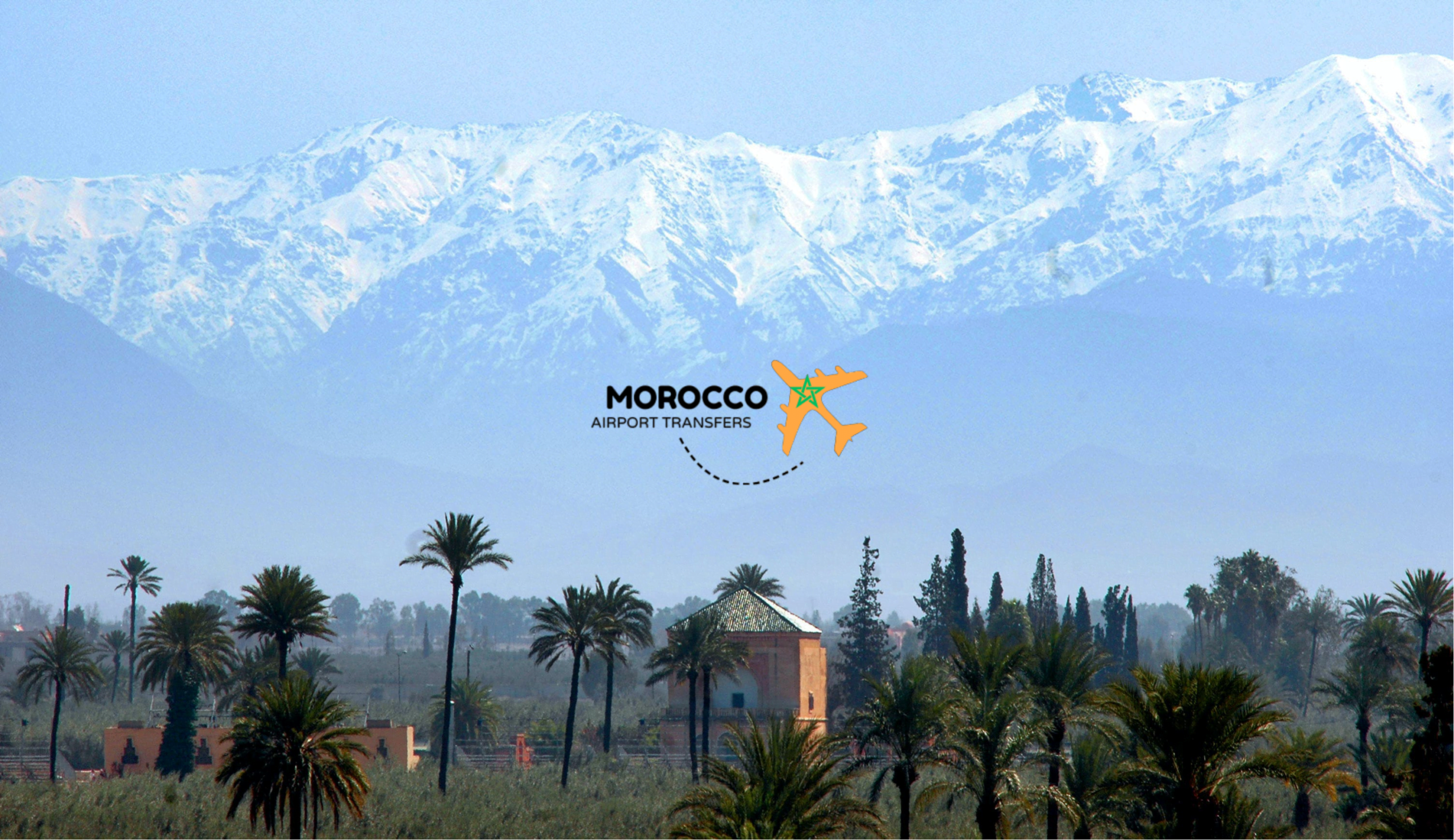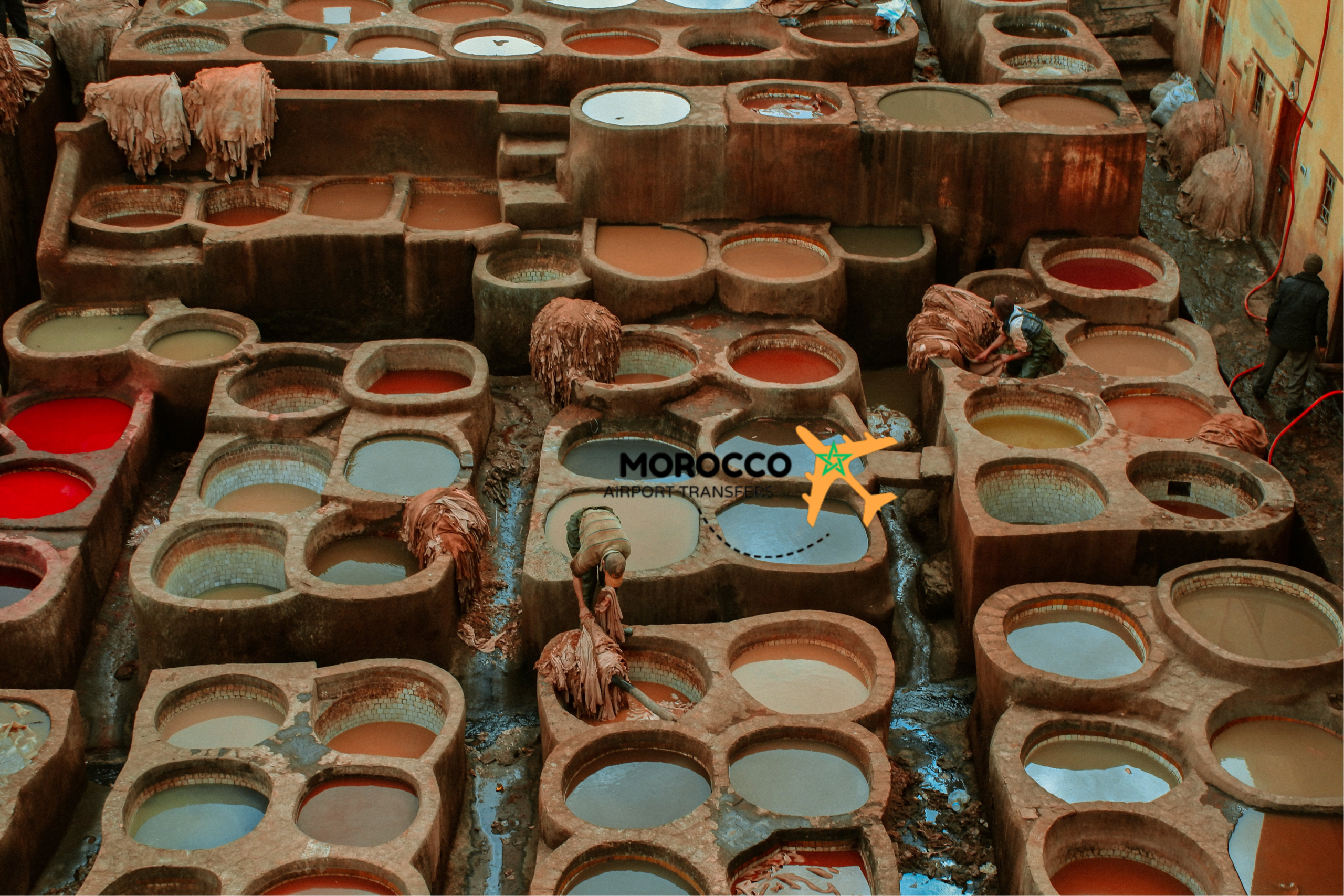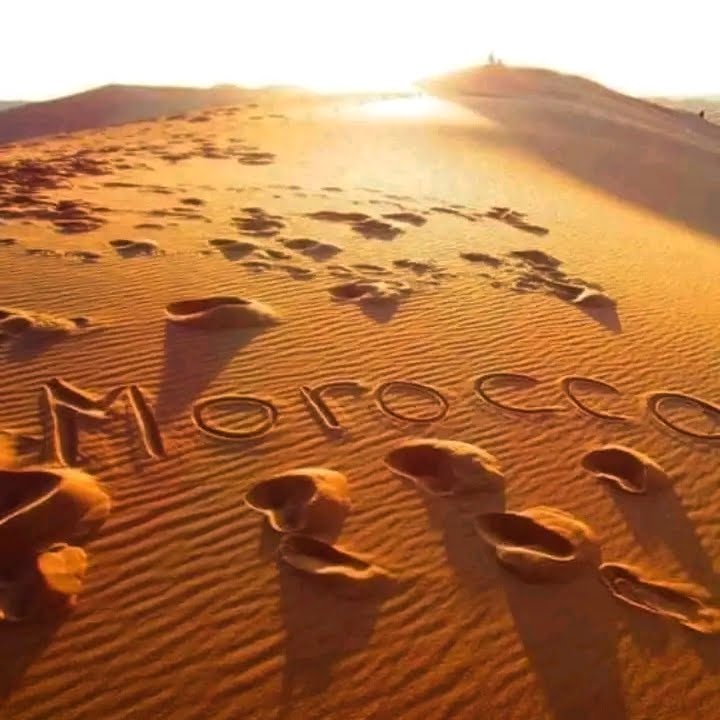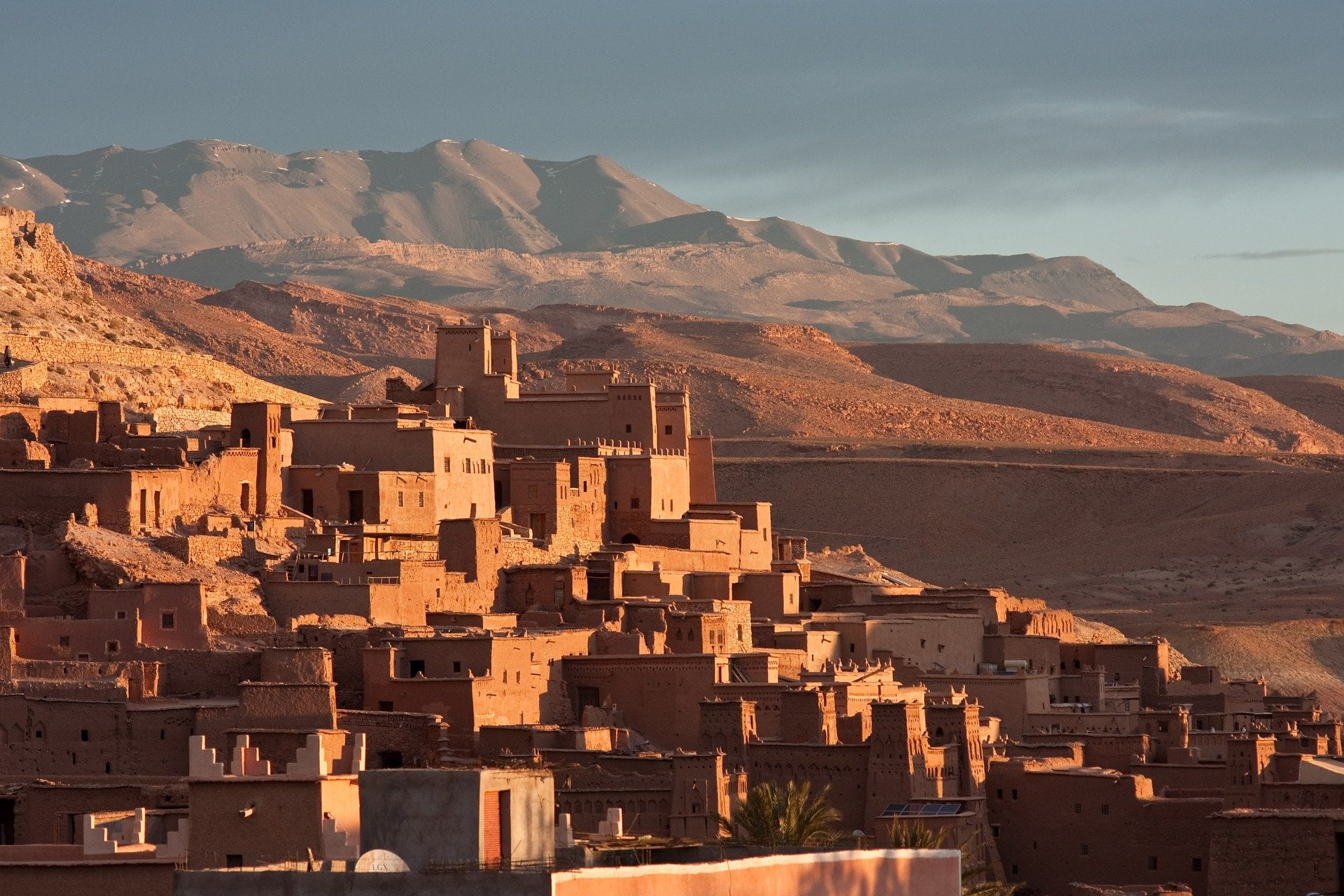Morocco is known for its rich fossil deposits, particularly in regions such as the Atlas Mountains and the Sahara Desert. Morocco fossils hunting tours can be a unique and exciting experience for those interested in paleontology and geology
The fossils found in Morocco span a wide range of geological periods, providing valuable insights into the Earth’s history and evolution of life. Here are some notable fossil findings in Morocco:
Table of Contents
Morocco fossils: Trilobites
Morocco is famous for its well-preserved trilobite fossils. Trilobites were marine arthropods that lived millions of years ago, and Morocco’s fossil beds have yielded numerous specimens, showcasing the diversity of these ancient creatures.
Morocco fossils: Ammonites
The country is also known for its ammonite fossils, particularly in the High Atlas region. Ammonites were marine mollusks with distinctive coiled shells, and they existed for hundreds of millions of years before becoming extinct alongside the dinosaurs.
Top Sahara desert tours
Book now
Morocco fossils: Dinosaur Fossils
In recent years, Morocco has gained attention for its dinosaur fossils. The Kem Kem Beds in southeastern Morocco have produced dinosaur bones and teeth from species such as Spinosaurus, a large carnivorous dinosaur that lived during the Cretaceous period.
Morocco fossils: Fish Fossils
Fossilized fish are abundant in the fossil record of Morocco, particularly in the Devonian rocks of the Anti-Atlas Mountains. The region has provided scientists with valuable information about ancient fish species and the evolution of aquatic life.
Morocco fossils: Plant Fossils
Fossils of ancient plants, including tree ferns and cycads, have been found in Morocco. These fossils contribute to our understanding of ancient ecosystems and climate conditions.
Morocco fossils: Human Ancestor Fossils:
Morocco has also been a significant location for the discovery of early human fossils. The Jebel Irhoud site, southwest of Marrakech, has yielded fossils of Homo sapiens dating back to around 300,000 years ago, making them some of the oldest known remains of our species.
It’s important to note that Morocco has become a key area for paleontological research, and ongoing excavations continue to reveal new and exciting fossil discoveries. The fossils found in Morocco contribute to our understanding of the Earth’s history, the evolution of life, and the ancient environments that existed in this region.

